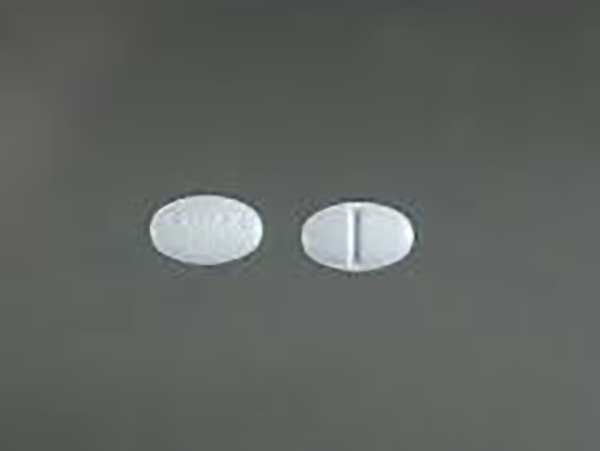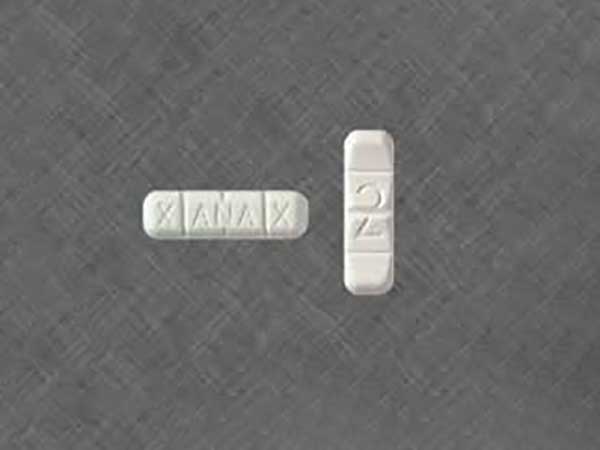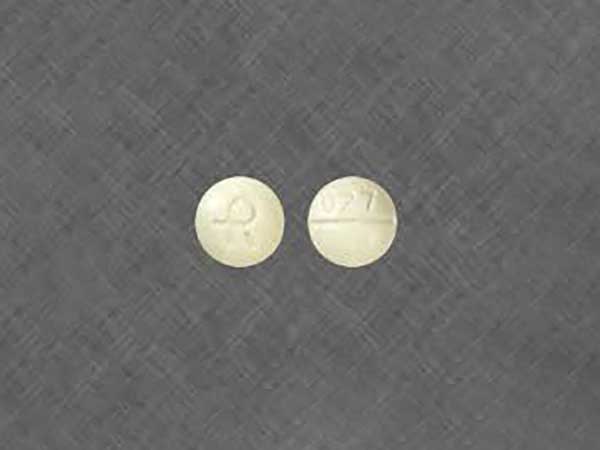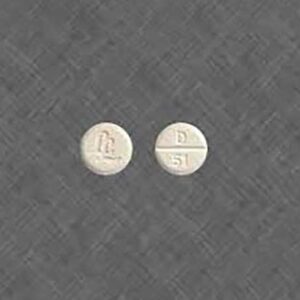About Xanax (ALPRAZOLEM) 1 mg tablet: Xanax (ALPRAZOLEM) 1 mg tablet is used to treat severe anxiety and agoraphobia with or without panic disorder in a short period (an anxiety disorder that makes people very afraid of certain places and situations. Anxiety is a mental health disorder associated with fear of anxiety and excessive nervousness. On the other hand, panic disorder is a type of anxiety disorder that causes sudden feelings of fear even when there is no real threat with symptoms such as a fast heartbeat.
Xanax (ALPRAZOLEM) 1 mg tablet reduces anxiety/nervousness by reducing abnormal and excessive stimulation of nerve cells in the brain. It works by increasing the activity of GABA (a chemical messenger in the brain that acts as a natural nerve-calming agent. Thus, Xanax (ALPRAZOLEM) 1 mg tablet relaxes the muscles, reduces anxiety, creates a feeling of calm and helps to fall asleep. Take Xanax (ALPRAZOLEM) 1mg tablet with or without food and swallow whole with a glass of water.
Your doctor will advise you how often you take Xanax (ALPRAZOLEM) 1 mg tablet depending on your medical condition. Some people may experience depression, sleepiness and drowsiness, jerking, disorganized movements, inability to remember bits of information, slurred speech, dizziness, light-headedness, headache, constipation, dry mouth, fatigue and irritability. Most of these side effects of Xanax (ALPRAZOLEM) 1 mg tablet do not require medical attention and gradually resolve over time. However, if side effects persist or worsen, please consult your doctor. If you are allergic to Xanax (ALPRAZOLEM) 1 mg tablet or any other medications, please let your doctor know.
Xanax (ALPRAZOLEM) 1mg tablet is not recommended for children below 18 years of age. Do not take Xanax (ALPRAZOLEM) 1 mg tablet if you are pregnant or breastfeeding, as it may have adverse effects on the baby. Inform your doctor if you have drug addiction, muscle weakness, chronic pulmonary insufficiency, liver or kidney problem, or narrow-angle glaucoma (damage to the optic nerve) before taking Alprazolam. Do not take Xanax (ALPRAZOLEM) 1 mg tablet with opioids as it may cause breathing problems or other serious adverse effects. XANAX (USE OF ALPRAZOLEM FOR THE TREATMENT OF ANXIETY DISORDER AND PANIC DISORDER.
Pharmacological Benefits: Xanax (ALPRAZOLEM is an anxiolytic drug (anxiety reducer) used to treat anxiety and panic disorder in the short term. Alprazolam increases the activity of GABA (a chemical messenger in the brain that acts as a natural nerve-calming agent) and is involved in inducing sleep. Thus, Alprazolam relaxes muscles, reduces anxiety and induces sleep. Alprazolam should not be used for mild anxiety associated with the stress of today’s life conditions.
INSTRUCTIONS FOR USE: XANAX (SWALLOW ALPRAZOLEM WHOLE WITH WATER; Do not crush, break or chew it.
Store in cool and dry place away from sunlight
Side Effects: Xanax (ALPRAZOLEM Depressed drowsiness, drowsiness, jerking, disorganized movement, inability to remember bits of information, dizziness, slurred speech, light headedness, headache, constipation, , exhaustion, irritability, loss of appetite, confusion and disorientation, increased sex drive (men and women Erection, feeling nervous or anxious or agitated, insomnia (inability to sleep or disturbed sleep), problems with balance, instability (similar to feeling drunk), especially during the day, loss of alertness or concentration Profound Precautions and Warnings Drug.
Warnings: Do not take Alprazolam if you are known to be allergic to Alprazolam. It is not recommended to take Alprazolam for under 18 years of age. Do not take Alprazolam if you are pregnant or breastfeeding as it may have adverse effects on the baby. Alprazolam should be used with caution in elderly patients as there is an increased risk of adverse reactions such as drowsiness, dizziness and muscle weakness. If you have a history of myasthenia gravis (muscle weakness), drug addiction, chronic pulmonary insufficiency, narrow-angle glaucoma, renal/renal disease before taking Alprazolam. Inform your doctor if you have liver problems. Do not take Alprazolam with opioids as it may cause breathing problems, drowsiness and coma.
Drug interactions: Drug-drug interactions: Alprazolam may interact with any number of other drugs used to treat anxiety or depression or to help you sleep (naphazodone, fluvoxamine, fluoxetine), painkillers (morphine, codeine, Dihydrocodeine, Buprenorphine), Antihistamines/Alcoholics Antiallergics (chlorphenamine, diphenhydramine, promethazine), antifungals (fluconazole), oral contraceptives (pill), some antibiotics (erythromycin), stomach ulcers (Medicines used to treat cimetidine, Drugs used for angina and high blood pressure (diltiazem), drugs used to treat various heart conditions (digoxin), drugs used to treat HIV (Ritonavir) , antipsychotic drugs used to treat mental illnesses such as schizophrenia and medications to treat epilepsy. Drug-food interactions: Alprazolam may interact with alcohol. Therefore, avoid consuming alcohol while taking Alprazolam as it may increase side effects such as drowsiness, dizziness or difficulty concentrating.
Drug-disease interactions: If you have narrow-angle glaucoma, myasthenia gravis (muscle weakness), pulmonary insufficiency, or renal/renal depression. Inform your doctor before taking Alprazolam, if you have liver problems.
Diet and lifestyle advice: Follow a regular sleep pattern. Do not take naps during the day.
Avoid watching TV, using mobile or laptop just before sleeping. Maintain a diet rich in fruits, vegetables, and whole grains. Avoid fried foods, high-fat dairy products, pastries and processed foods as they can worsen anxiety. Exercise regularly and maintain a healthy body weight. Avoid the consumption of alcohol as it can increase drowsiness.
Special advice: Do not take Alprazolam for a long time as it may lead to mental or physical dependence on Alprazolam Anxiety
Disorders: It is a mental health disorder associated with fear, anxiety, and excessive nervousness that can interfere with one’s daily activities. Symptoms of anxiety include feeling excessively stressed for that event and a lack of ability to distinguish restlessness and anxiety.
Panic disorder: It is a mental disorder where people regularly and at any time, often for no apparent reason, have feelings of anxiety, tension, and nervousness or fear. During a panic attack, you get a multitude of intense mental and physical symptoms. It can come very quickly and for no apparent reason. A panic attack can be very frightening and disturbing.
Origin of Country : India








Reviews
There are no reviews yet.